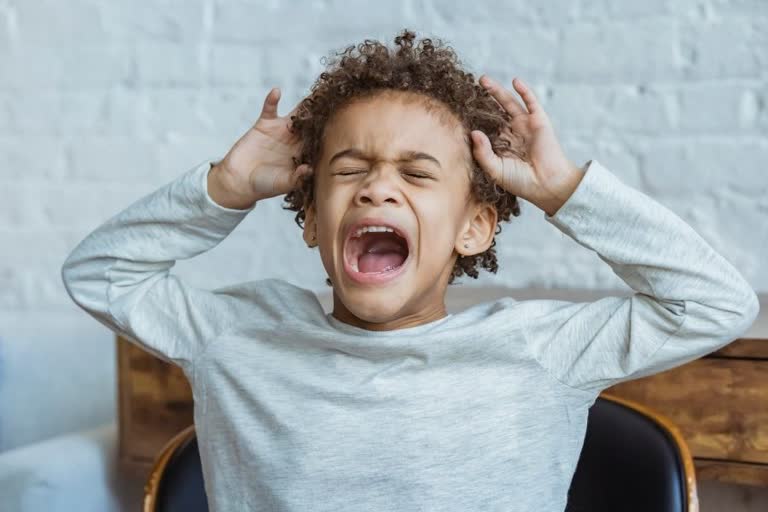In comparison to adults, children are prone to get traumatized by troubling events easily, and this makes it important for parents to help their children when the times are tough. It could be a brutal accident, an unprecedented pandemic, a violent crime, or other disasters but with the right parental support, children have a higher chance of coming out stronger from an awful situation. Anuja Kapur, Psychologist shares few tips wherein you can assist your child when tough times comes calling:
Every child responds differently to disturbing events: What children feel about a current disaster in their life and how they react to it can come and go in waves. Children can act moody and withdrawn at times, struck with sorrow and fear at other times. There's no absolute "right" or "wrong" way to feel after a traumatic event so make sure not to dictate what your child or how your child should feel and react to the event.
Encourage your child to be transparent: Just make sure you let your child know that whatever feelings they're experiencing is normal. The unpleasantness will pass if your child opens up about it and that the phase is temporary. While many teens may be reluctant to talk about their feelings with a parent, encourage them to confide in another trusted adult such as a family friend, relative, or a counselor and teacher. It's important to talk even if it's not with you.
Deter your child from reliving the disturbing event: Dwelling over, watching the footage, or imagining the event can be overwhelmingly stressful for children and this stress can even block their nervous system. However, to negate such things from happening encourage activities that keep your child's mind occupied so they're not obsessive about the event. You could encourage your children to read, play games together, or simply watch an uplifting movie.
Cocoon your child with warmth: In order to reassure your child that they are safe with you and feel secure, that the worst is over, your physical affection is important in making them feel safe again. Teens may try to be tough through it and avoid being held, but they still need proximity.
